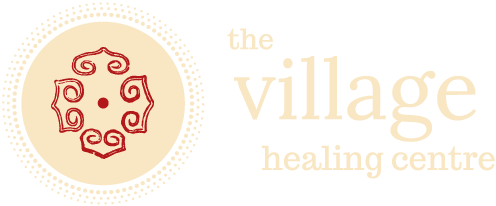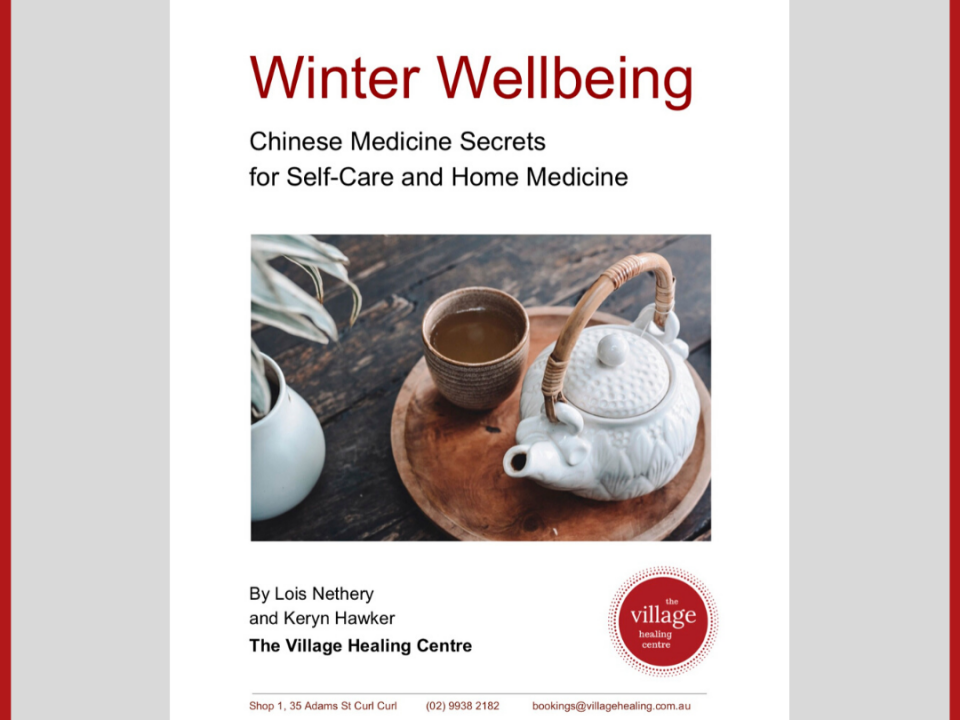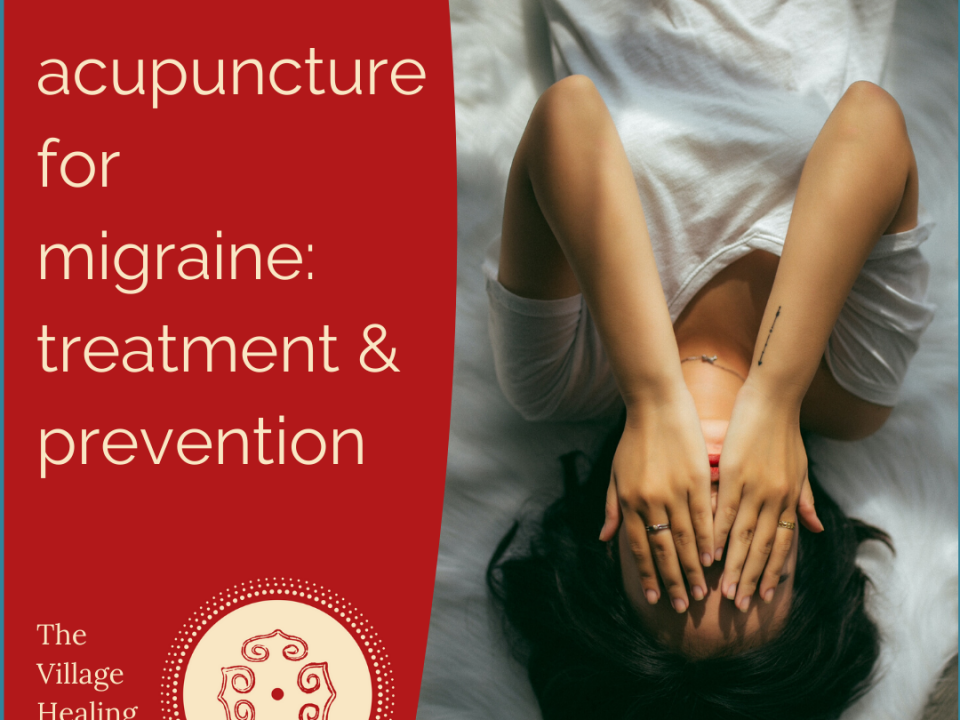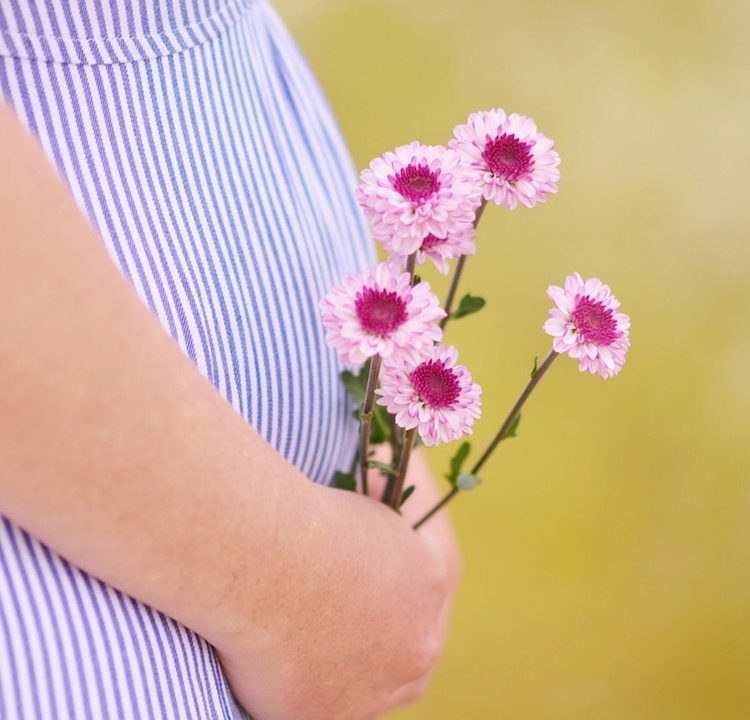Is period pain normal? The Chinese medicine view.
Many women take it as a given that periods are painful. Chinese medicine takes a different view.
What is the meaning of pain, according to Chinese medicine?
Put simply, pain is a signal that things are not flowing as they should.
There is a saying in Chinese medicine:
No free flow – there is pain.
Free flow – no pain.
(It sort of rhymes in Chinese!)
The power of this simple statement leads us to look for areas of restriction when we are dealing with any type of pain.
Unblocking restriction may lead not only to positive changes in symptoms, but also a subjective experience of increased wellbeing. A feeling of subjective wellbeing is an important aim in Chinese medicine – often just as important as listening to symptoms.
Acupuncture is widely known as an excellent treatment for pain relief.
What about period pain?
At the basic level, period pain is assessed in Chinese medicine the same way as other pain – it is the consciousness of the person being alerted to lack of flow. Lack of flow means that the vital intelligence is not arriving at the right place at the right time – nor are the resources that move with this intelligence.
Period pain is always a sign that something is not quite right, not quite harmonious. The more severe the pain (or other signs such as heavy bleeding), then the more important it is to address that issue as a priority.
Of course, all symptoms such as pain should be assessed by your medical practitioner. Pain can sometimes be an indication of serious health problems.
Period pain and the whole body
In Chinese medicine, period pain speaks to the whole system struggling to adapt, and so helping the whole system to regain its adaptive functions has an impact on other areas of the body. Chinese medicine takes a wholistic stance – one part is never taken in isolation. All signs and symptoms are clues and signals about how the whole body is adapting to the internal and external environment, in a dynamic and fluid way.
Period signs give your Chinese medicine practitioner a wealth of information about your body as a whole.
For example, if you are coming for treatment for your migraines, then period signs can give crucial clues about how to manage the migraine treatment. If your periods are light, then the migraine treatment strategy might include “nourishing Blood”. If the periods are heavy, painful and clotty, then the strategy might include “resolving Blood stagnation”.
What is the cause of period pain?
When it comes to causes of period pain, blockages and weaknesses are the two main issues that we explore. (In clinic, it is quite common for a person to have a mix of both.)
Blockages and period pain
The first kind of impediment to free flow is blockage, obstruction, restriction or stagnation. Some of the main reasons of blockage include:
- Emotions and stress – since ancient times, Chinese medicine has noted that emotions and stress can impact physical health in a negative way. In the West, we are now noticing the tight interconnectedness of the psychological, neurological, immune and hormonal systems. In Chinese medicine, irregular emotional movement or stress causes changes in the way that the vital intelligence can flow freely through the body, resulting in irregular distribution of resources and disturbing timely functions.
- Physical trauma or injury – scarring can create a physical impediment that slows or prevents the free flow of vital intelligence as it travels through the body’s tissues and structures.
- Digestion and diet – poor digestion can lead to problems with partially transformed nutrients which can create difficulties when the body tries to use these nutrients, resulting in a sluggishness that is called “Dampness” in Chinese medicine (more extreme forms are referred to as “Phlegm”). This sluggishness can slow down or obstruct the flow of vital intelligence. A diet with a lot of cold or raw food over the long term may lead to “Cold” in some people. Think of placing a glass of iced water against your arm – after a short time, you will feel discomfort or pain and you’ll want to take the glass away from your arm. This is something like the presence of “Cold” in the body – we know from these external experiences that cold constricts, congeals and stagnates. This analogy is used in internal medicine using the image of “Cold” to guide the practitioner. Although a person’s core temperature may not be cold, it is about localised stagnation with lack of vital warmth and movement.
- Lifestyle – sedentary lifestyle and lack of exercise can lead to stagnation.
- Toxins – this is a modern phenomenon, but we still take in the whole picture when using Chinese medicine diagnosis. There are many man-made substances in our enviroment that cause problems with the human hormonal system, for example by partially mimicking our own hormones, tricking the body into acting on a fake signal. While we can’t change the presence of these toxins in the environment, Chinese medicine logic is about seeing the strengths and resources available, recovering functions and enhancing resilience.
Deficiency and period pain
A rough analogy here is to think of a garden hose. If you want to water your garden, you don’t want the tap turned on full blast – that will wash away the precious soil. On the other hand, if the tap is too low, then not enough water will arrive to the garden and the plants won’t be able to thrive. The sweet spot is the middle ground between these two – enough flow so that the soil is moistened right down to the roots, neither dry nor swamped.
In a similar way, your body’s flow of energy, warmth, nutrients and other resources relies on just the right degree of bountiful movement. If there’s weakness or lack, then the flow can’t arrive on time. If the consciousness receives a signal that resources aren’t arriving as they should, then a person experiences this as discomfort or pain, according to Chinese medicine.
In general, pain due to deficiency will feel better with heat, because the energy from the heat-pack enters the body and pushes resources along their pathways of travel, so they arrive on time. It is very common to experience a combination of blockage and deficiency.
The ample flow of vital intelligence, warmth and resources are assessed according to Chinese medicine when we talk about Qi (“chee”), Yang, Blood and other related factors.
Some reasons that these factors can become weakened include:
- Digestion and diet – eating while busy or stressed, overeating, undereating, having too much cold or raw food, eating foods that your body doesn’t agree with… With so much conflicting diet advice at the moment, it can be pretty confusing to know what to do. Chinese medicine emphasises a balanced diet, eating a variety of fresh foods and in moderation, eating while relaxed, presenting food to be visually appealing and tasty. An important part of Chinese dietary therapy is adapting to the seasons. Using flavours, cooking styles and different food types, you can help your body to harmonise with each season and make the most of the energies that nature has on offer throughout the year.
- Emotions and stress – just as unregulated emotional energies or stress can cause stagnation in some body functions, the same cause of disharmony can lead to weakness in other functions – Chinese medicine contains systems and maps of different emotional energies and how they interact with, or indicate issues in, organ systems. If an organ system is weakened by the demands of handling a certain kind of emotional stressor, then this can mean that vital intelligence and resources are tied up or consumed, being unavailable for physical functions and leading to disharmony in the body.
- Work – working too hard, using too much emotional energy at work, feeling threatened at work, working at night or long hours – according to Chinese medicine, imbalances between work and rest can easily consume vital resources of the body that are normally being used to help adapt to the changing external environment. When resources are being consumed, they are not able to flow readily to where they’re needed for physiological functions like menstruation, and this lack of vital flow and resources triggers a pain signal in the consciousness.
- Sleep – sleep should be considered a nutrient, taken in adequate doses, every day! Our life during our waking hours is energetically costly. When we sleep, we remove our mind and body from the demands of waking life, and in this altered state we fill up with vital energy. When we scrimp on sleep, the whole body and all its interconnected systems are left with less than a full tank. Resources and vital intelligence don’t arrive at the right place at the right time, and this sends alarm bells to the consciousness, resulting in the experience of pain.
- Past injury and childbirth – injuries involving blood loss or prolonged bed rest, accidents involving mental or emotional trauma, and childbirth can easily result in a depleted state, with a person severely lacking in vital energy and/or physiological resources (Qi and Blood in Chinese medicine). Recovery from injury or childbirth is much deeper than just “getting back on your feet”. It involves deep replenishment, really giving the body (and mind) the opportunity to re-establish connection, harmonious flow and intelligent action.
Self-help for period pain
Most women who experience period pain will already have a few strategies to help them cope, such as hot water bottles or heat packs, and getting adequate rest. Of course, with any symptom or pain issue please make sure that you’ve consulted your doctor and followed through with any recommended tests.
The information above might give you some clues on where you can start to make some positive changes for your wellbeing.
Professional help
If you’d like to address your pain, perhaps alongside other symptoms like nausea, migraine or headache – simply book your first appointment and we’ll take care of everything for you.




